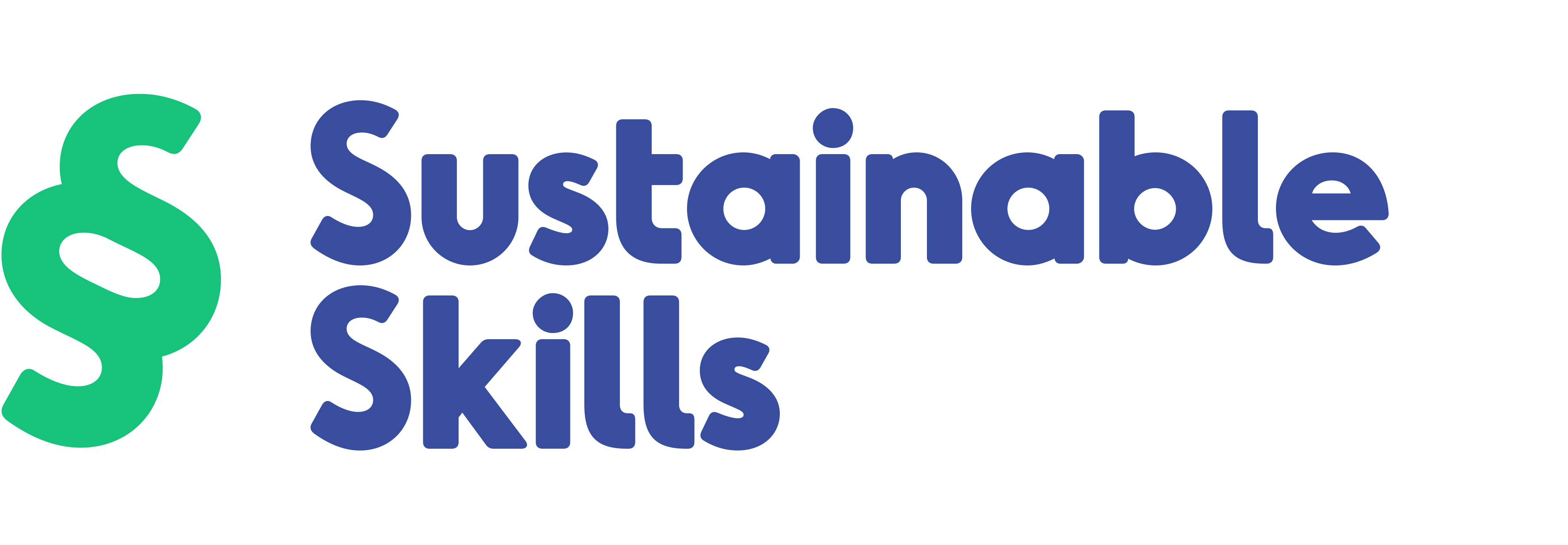An overview of the TVET system in Fiji
Country overview
The Republic of Fiji is a group of over 300 islands with a population of 900,000 people, a GDP of 9,700 USD per capita, and a growth of 3.6 per cent in 2018. Its major languages are English, Fijian and Hindi and its major religions are Christianity, Hinduism and Islam.
After nearly a century as a British colony, Fiji became independent in 1970 and adopted a parliamentary democracy form of government, currently led by Prime Minister, Frank Bainimarama, who was recently confirmed through general elections held on 14 November 2018.
Tourism plays an important role in the local economy, with number of visitors reaching 842,884 in 2017, and Australian tourists accounting for over 43 per cent of visitor arrivals during this period, followed by New Zealand (21.9 per cent) and the US (9.6 per cent). Largely driven by the tourism industry, service sectors continue to grow strongly, and along with construction, manufacturing and retail activity, are the main drivers of growth.
Water, gold, garments, sugar and fish continue to be Fiji’s strongest merchandise exports. Agriculture is a source of income for the bulk of the population and continues to make a moderate contribution to growth.
TVET system
Education is an important item on the Government agenda, which aims to make Fiji a knowledge-based society. TVET is given particular attention in these prescriptions, and is acknowledged as a cornerstone of reform in the educational sector and as a means of supporting sustainable development. The new constitution enshrines the citizen’s right to early childhood, primary, secondary, and further education.
Education in Fiji rests on a typical four level framework of early childhood, primary, secondary and tertiary education. There are nearly 900 schools and over 700 kindergartens in the country. Tertiary education, usually referred to as higher education in Fiji, covers TVET and university streams. Provision here is by government, private for profit, enterprise and civil society including faith-based institutions.
The post-school education and training sector in Fiji includes:
- one public university (Fiji National University);
- one private university (University of Fiji);
- two regional institutions (University of South Pacific and Australia-Pacific Technical College);
- 20 theological colleges;
- a range of training centres run by line Ministries;
- a regulatory body (The Fiji Higher Education Commission); and
- nearly 50 private training providers, of which 27 have been identified as TVET providers.
The Australia-Pacific Technical College (APTC) is a regional TVET provider, initiated and funded by the Australia government. It is headquartered in Nadi, and has campuses across the region including in Fiji. The college offers a range of programs at the Australian Qualifications Framework (AQF) levels 3 to 5 from its two schools: School of Trades and Technology; and School of Hospitality and Community Services.
The Fiji Higher Education Commission (FHEC) reports to the Minister for Education, and has an overview and quality assurance function for the whole of the post-school education and training sector, of which the TVET sector forms a part, alongside the higher education sector. It has responsibility for the development of the Fiji Qualifications Framework (FQF), the recognition and registration of training providers and the accreditation of courses qualification levels are those of the Fiji Qualifications Framework (FQF).
Australia and Fiji bilateral relations
Australia and Fiji share a strong and enduring bilateral relationship and have extensive people-to-people links, with around 3,000 Australians resident in Fiji and 71,800 Fiji-born people living in Australia. Australia is one of Fiji’s largest trade and investment partners. Two-way goods and services trade has been steadily increasing year-on-year, totalling $2.05 billion in 2017.
Australia and Fiji work closely together in multilateral forums as fellow members of the UN, World Trade Organization, Commonwealth and Pacific Islands Forum. The Australian Government works in close partnership with the Fijian Government and key stakeholders to deliver its aid program to support inclusive economic growth and reduce poverty.
The Fiji Program Support Facility was established in 2017 to administer the education, health and scholarship programs in Fiji (and the scholarship program in Tuvalu). This support represents an investment of AUD66 million over five years (2017-2021), one-third of Australia’s bilateral aid for Fiji. The Facility, managed by Coffey on behalf of the Australian Government, also supports the integration of crosscutting issues into programs, such as gender equality, civil society engagement, disability inclusiveness, child protection, disaster risk reduction and emergency response.
Following a successful tender process, this month Sustainable Skills signed a contract with Coffey International Development to deliver a ‘Head of School’ Skills Development Program for the Fijian Government, Ministry of Education, Heritage and Arts (MEHA). The program is funded by the Australian Government, Department of Foreign Affairs and Trade (DFAT) through the Fiji Program Support Facility (FPSF) managed by Coffey.
